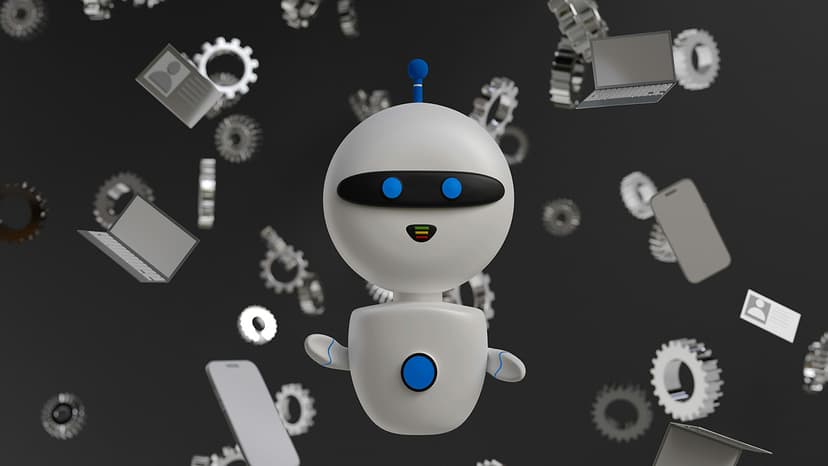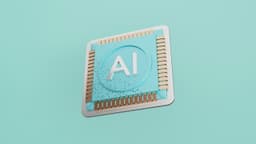Electrical Engineering and Computer Science: Exploring the Intersections
Electrical Engineering and Computer Science are two closely related fields that play a crucial role in shaping our modern world. There is a significant overlap between these disciplines, leading to numerous opportunities for collaboration and innovation. This article highlights the fundamentals of Electrical Engineering and Computer Science, their key areas of study, and how they intersect.
Electrical Engineering
Electrical Engineering focuses on the study and application of electricity, electronics, and electromagnetism. It covers various topics, including power systems, digital and analog electronics, signal processing, control systems, and telecommunications. Electrical engineers design, develop, and maintain electrical systems, components, and devices for various industries and technologies.
One fundamental area of Electrical Engineering is power systems. Electrical engineers design and maintain infrastructure for generating, transmitting, and distributing electrical power. They work on projects related to power plants, electrical grids, and renewable energy sources.
Another crucial aspect of Electrical Engineering is electronics. This field emphasizes the design and development of electronic circuits and devices. Engineers in this area contribute to the advancement of technology by creating solutions for computers, smartphones, medical devices, and more.
Computer Science
Computer Science is the study of computation and information processing. It includes the design and development of software, algorithms, and the theoretical foundations of computing. Computer scientists work across various aspects of computing, such as programming languages, AI, data structures, databases, and computer networks.
A key area within Computer Science is software development. Software engineers create efficient and reliable software solutions for diverse applications. They develop algorithms, write code, and ensure the functionality and security of software systems.
Another important field in Computer Science is AI. AI focuses on creating intelligent systems that can perform tasks typically requiring human intelligence. This encompasses areas like machine learning, natural language processing, computer vision, and robotics.
Intersection of Electrical Engineering and Computer Science
The boundaries between Electrical Engineering and Computer Science are blurring as technology progresses. The integration of hardware and software has led to new interdisciplinary fields such as embedded systems, robotics, and the Internet of Things (IoT).
Embedded systems combine hardware and software to create specialized computing systems for specific applications. These systems are prevalent in areas like automotive, aerospace, medical devices, and consumer electronics.
Robotics relies heavily on collaboration between Electrical Engineering and Computer Science. This discipline involves the design, construction, and programming of robots for various tasks. It merges concepts from both fields to create intelligent and autonomous machines.
In summary, Electrical Engineering and Computer Science are interconnected fields that drive technological innovation. While Electrical Engineering focuses on electricity and electronics, Computer Science deals with computation and information processing. The convergence of these disciplines creates exciting opportunities in areas like power systems, electronics, software development, AI, embedded systems, and robotics. Researchers and engineers leverage the strengths of both fields to push the boundaries of technology.












